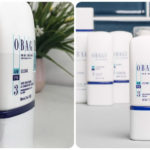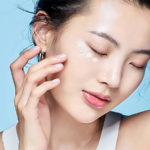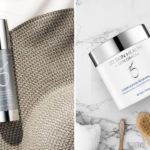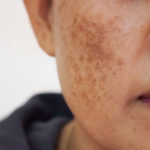The pregnancy period is an extremely important stage. Although it is possible to beautify with many types of cosmetics, there are many ingredients that women should avoid and instead choose products for skin and hair care that are extracted from nature.
Hormonal changes during pregnancy and breastfeeding affect the function of the skin. When treating or caring for the skin during pregnancy, you need to pay attention to some special ingredients because they can be harmful to both the mother and the baby.
1. Retinol
Retinol is a derivative of vitamin A that protects the skin, but pregnant women should stay away from products containing this ingredient. Many studies have found that using vitamin A derivatives during pregnancy increases the risk of birth defects in the fetus.
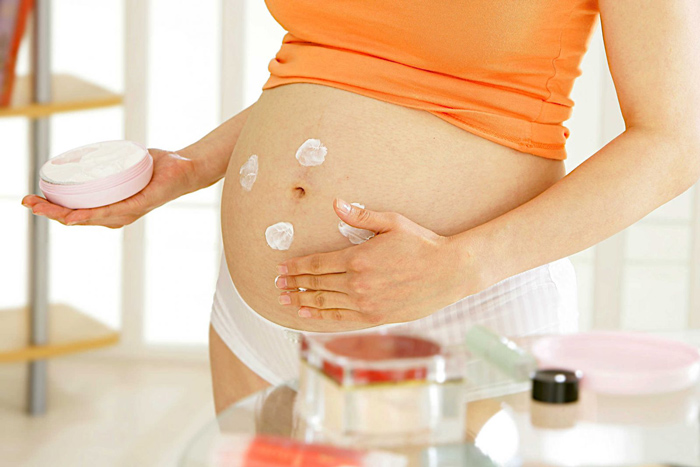
2. Chemical Sunscreens
Pregnant women should not use sunscreens containing ingredients such as avobenzone, oxybenzone, homosalate, methyl anthranilate, as these are endocrine disruptors that can cause neurological disorders, attention deficit disorder, and obesity in children.
Pregnant women should use physical sunscreens. In addition, you can choose sunscreens with natural ingredients, and it is best to use recommended products that can be used by pregnant women.
3. Benzoyl peroxide
Benzoyl peroxide is commonly found in acne treatment products and can have a negative impact on the fetus. Therefore, when you have acne during pregnancy, you should consult a doctor to get advice on safe and effective products.
4. Salicylic Acid
Abusing these cosmetic products can negatively affect the development of the fetus.
Although there is no study on the effects of cosmetics containing BHA, there is still a relatively small percentage absorbed through the skin. You should only use BHA with a concentration of less than 2% to ensure the safety of the baby during pregnancy.
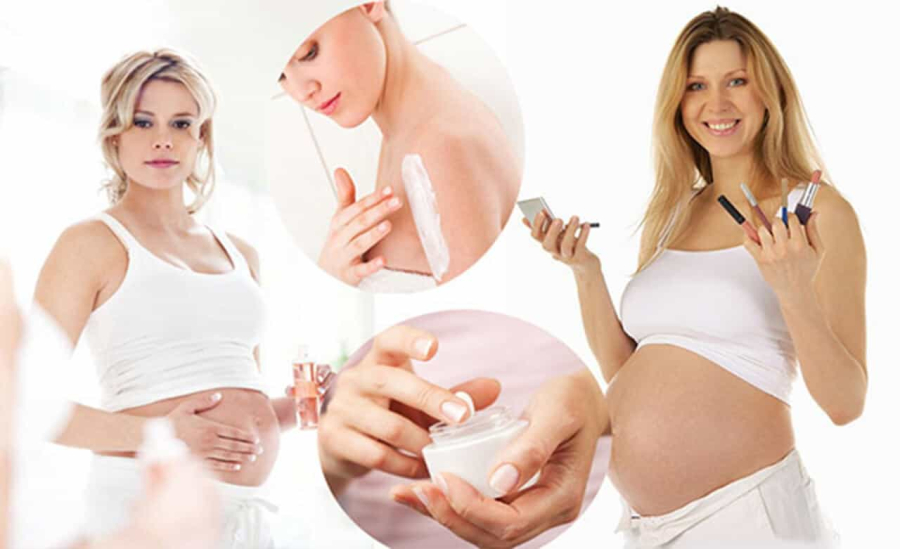
For pregnant women, you can completely replace them with products that have milder acidity.
5. Hydroquinone
According to the FDA (U.S. Food and Drug Administration), hydroquinone can pose a risk to the fetus. Therefore, this is one of the cosmetic ingredients that pregnant women should also avoid.
6. Parabens
Parabens are preservatives commonly used to prevent mold and bacterial growth in moisturizers, shampoos, soaps, and cosmetics.
7. Phthalates
Phthalates are endocrine disruptors found in many beauty and personal care products.
During pregnancy, it is recommended for pregnant women to choose products extracted from nature or use mild skincare products recommended for pregnant women. Avoid excessive use of treatment products.
2. Hydroquinone: Hydroquinone is used for skin lightening, but it can lead to a condition called ocronosis, which causes skin discoloration. It is best to avoid this ingredient during pregnancy.
3. Phthalates: Phthalates are chemicals found in fragrances and plasticizers. They have been linked to reproductive issues and developmental problems in children.
4. Formaldehyde-releasing preservatives: These preservatives are used in many cosmetics and skincare products, but they can be irritating and potentially carcinogenic. Look for alternatives that use natural preservatives.
5. Parabens: Parabens are widely used preservatives, but they can mimic estrogen in the body and have been linked to reproductive issues and developmental problems.
6. Sodium Lauryl Sulfate (SLS) and Sodium Laureth Sulfate (SLES): These surfactants create foam in products like cleansers and shampoos, but they can be irritating to the skin and eyes, and may also contain toxic contaminants.
Retinol: A Fountain of Youth for Hair, Skin and Acne Prevention
Women have relied on retinol for many years to achieve healthy, glowing skin. But what exactly is it that makes this golden ingredient so powerful? Discover the answer in today’s article!
























